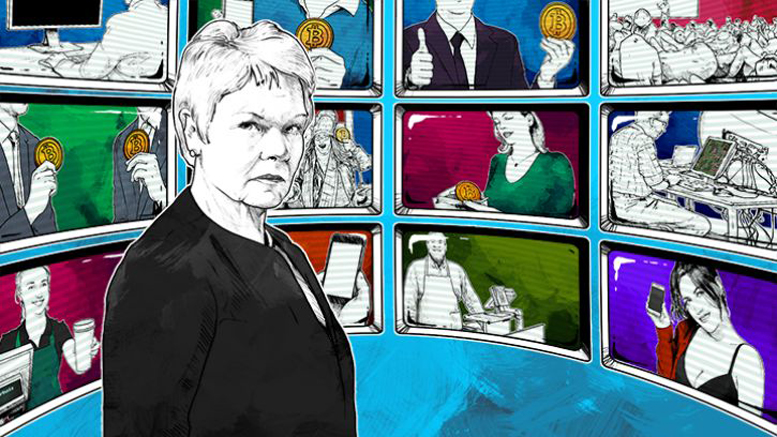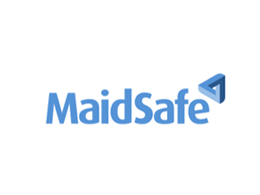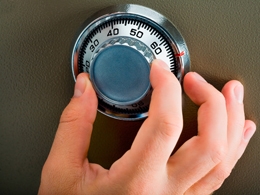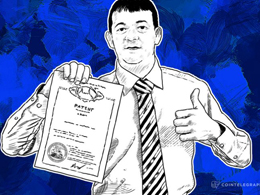
UK Gov’t Report Backs Mass ‘Extra-Territorial’ Data Collection, Mentions Bitcoin, Ethereum & Maidsafe
Today, the UK government has published a report on digital privacy supporting the compulsory mass collection of data for both domestic and “extra-territorial” web traffic. The government tasked David Anderson, an independent UK lawyer, to investigate how the country's anti-terrorism and espionage laws work in practice and what needs to change. The report titled A Question of Trust supports the bulk collection of internet traffic and user data, including information held on servers outside of the UK. An excerpt reads: “Pending a longer-term and more satisfactory solution, the....
Related News
If you can understand the organization of ants, you can understand MaidSafe.[1]. Alone, by itself, an ant is both vulnerable and easily marginalized. Yet when working with the rest of the colony, ants with roughly the same petite attributes can take down larger prey, clear paths and protect the mound from disasters (both natural and man-made). I spoke with David Irvine, the CEO of MaidSafe and he used this type of analogy to describe how the decentralized attributes of MaidSafe works. MaidSafe bills itself as a wholly decentralized internet wherein it acts as a decentralized storage....
We’ve all heard about the infamous recent celebrity photo scandal where as a result of an Apple iCloud hack, leaked nude photos of Jennifer Lawrence, Kim Kardashian, Kate Upton and more were made public. Recently, I had the chance to interview Nick Lambert of the MaidSafe Team to talk to him about how technology like Maidsafe and the Safenetwork could prevent leaks and secure data. Questions were geared towards user privacy. Could MaidSafe and the SafeNetwork prevent another celebrity photo leak and keep users data safe? If so, how?
Students from Glasgow University’s computer science wing have initiated a research and development exploratory course with Maidsafe. Academic alumni will develop with the SAFE (Secure Access For Everyone) Network to create next-generation internet applications. After a Decade of R&D, University of Glasgow Students Will Explore the Maidsafe Network.....
MaidSafe founder David Irvine asked the U.S. government in June 2014 to create and enforce a monopoly on his behalf. On January 1 of this year, the U.S. government agreed to do so. The monopolistic grab goes by another name, too: patent. The following computing process is what Irvine now claims he owns: “A method of storing data from a first node on a peer-to-peer network. The method includes creating a public and private key pair for a data item. Will Irvine attempt to say that the patent applies to the unreleased MaidSafe protocol? It’s unclear. But if he does, the irony goes deep.
Eight years ago, David Irvine launched a company with modest ambitions: to decentralize the Internet. MaidSafe aims to offer an alternative to the widespread use of servers: a decentralized data network on which decentralized applications can be built. The Scotland-based platform held a successful crowdsale to raise funding earlier this year, netting $6m in under six hours. Five hundred developers, MaidSafe says, have since joined its ranks. Decentralization is a persistent theme that has surfaced again and again in the cryptocurrency community, but Irvine has his own unique take on the....





